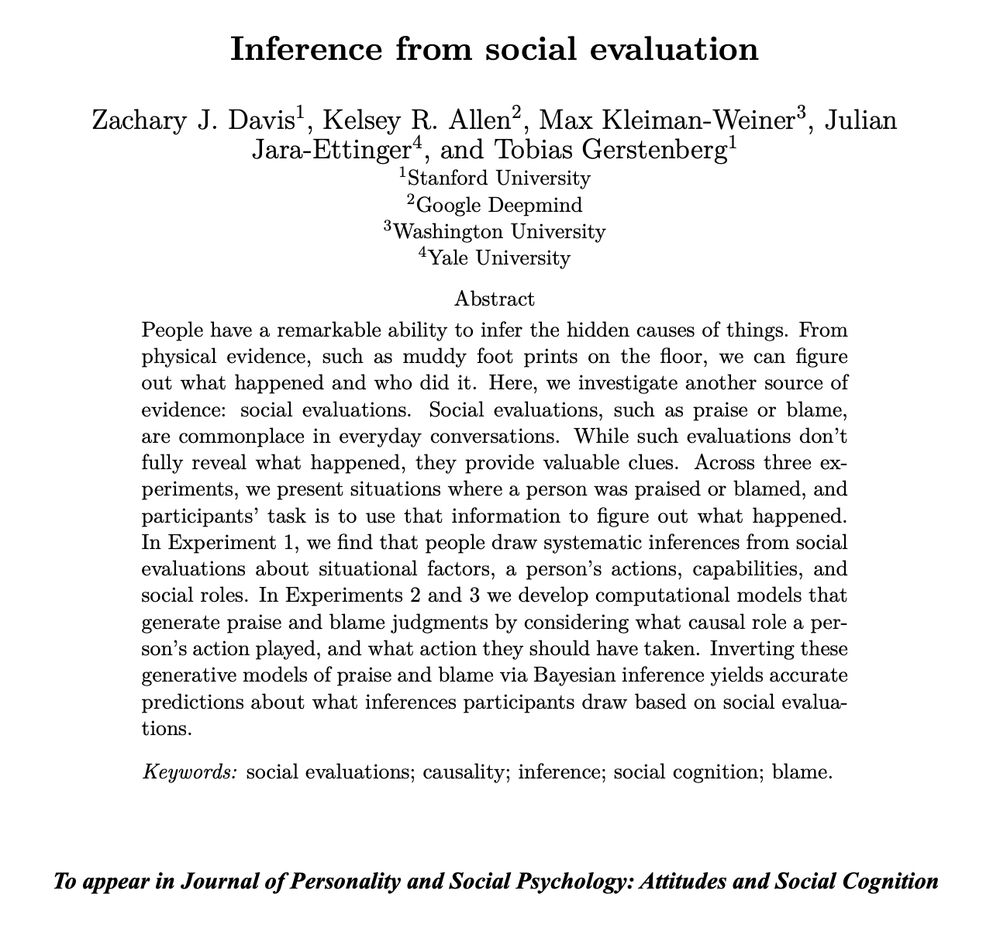Reposted by: Jonathan Phillips, Yarrow Dunham
Come for the fun experiments on human learning, memory, & skilled behavior, stay for the best 🍕 in the US.
Please reach out if you have any questions!
Reposted by: Jonathan Phillips
🤔🤨🧐
We’ll be discussing problem selection through various lenses represented by a great lineup of speakers!
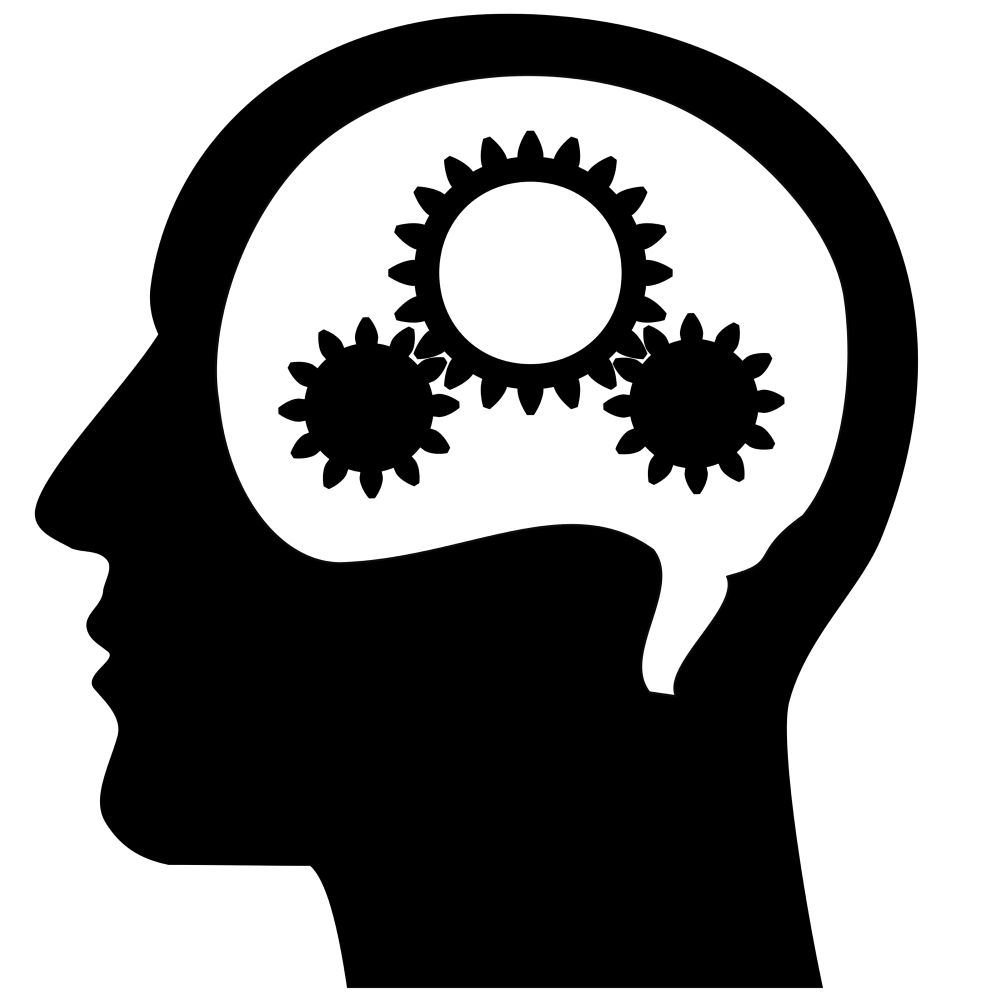
Reposted by: Jonathan Phillips, Gordon Pennycook
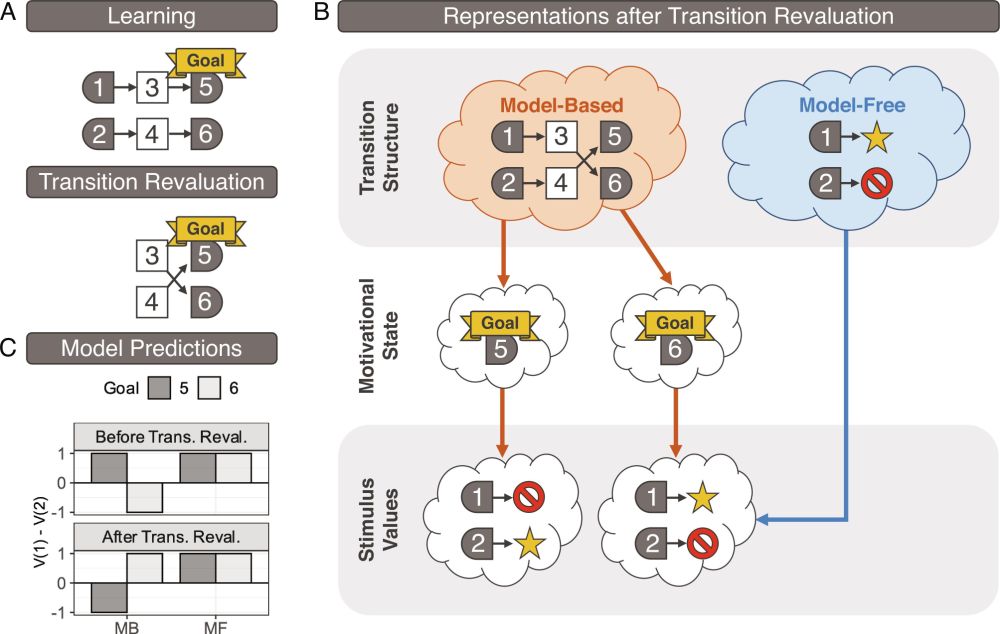
Reposted by: Jonathan Phillips
3yr funded post-doc in Theory of Mind inspired by the knowledge first epistemology of Williamson, and the work of @jsphillips.bsky.social. Looking at knowledge and ignorance processing in adults with me and Richard O'Connor at the Uni of Hull. Please re-post.
www.jobs.ac.uk/job/DNE794/p...
Reposted by: Jonathan Phillips
Reposted by: Jonathan Phillips
In our #CogSci2025 paper, we show that judgments of what’s possible—and whether someone had to act—depend on what agents know.
📰 osf.io/preprints/ps...
w/ Matt Mandelkern & @jsphillips.bsky.social
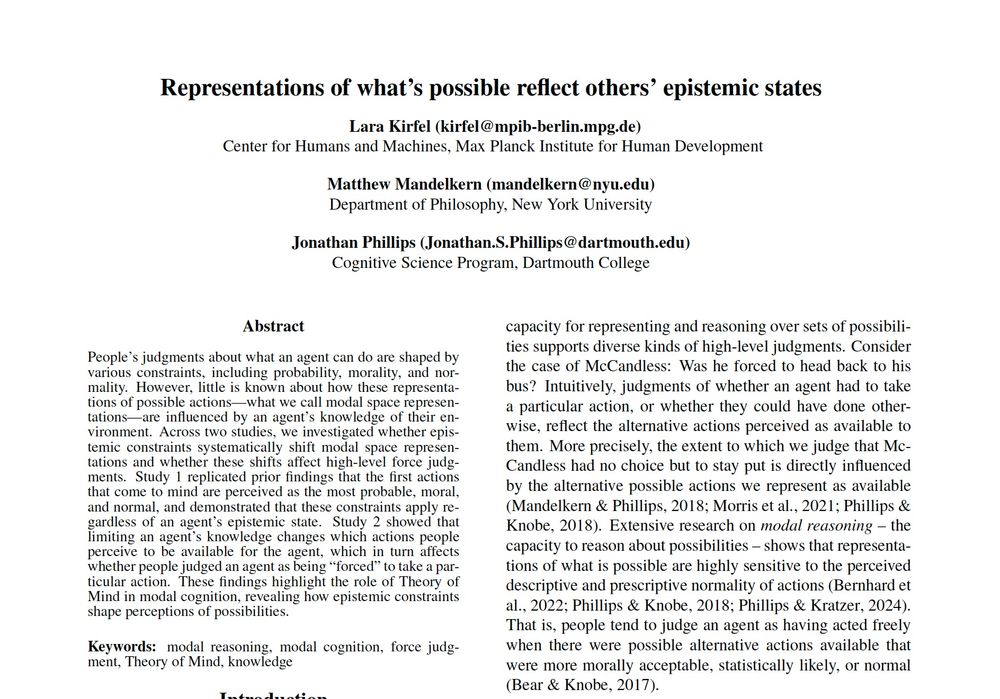
Reposted by: Jonathan Phillips
Reposted by: Jonathan Phillips
"Inference from social evaluation" with Zach Davis, Kelsey Allen, @maxkw.bsky.social, and @julianje.bsky.social
📃 (paper): psycnet.apa.org/record/2026-...
📜 (preprint): osf.io/preprints/ps...
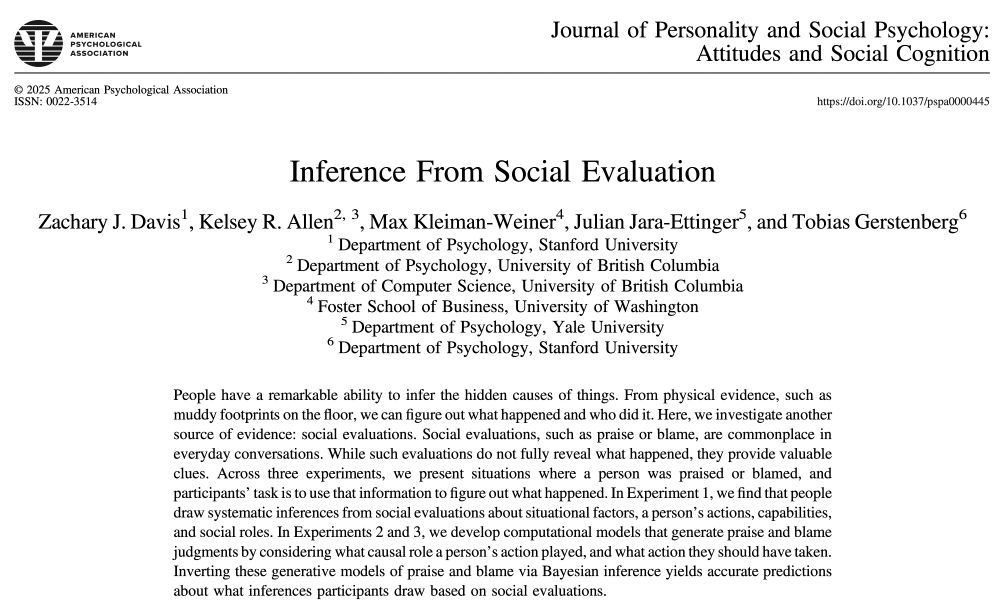
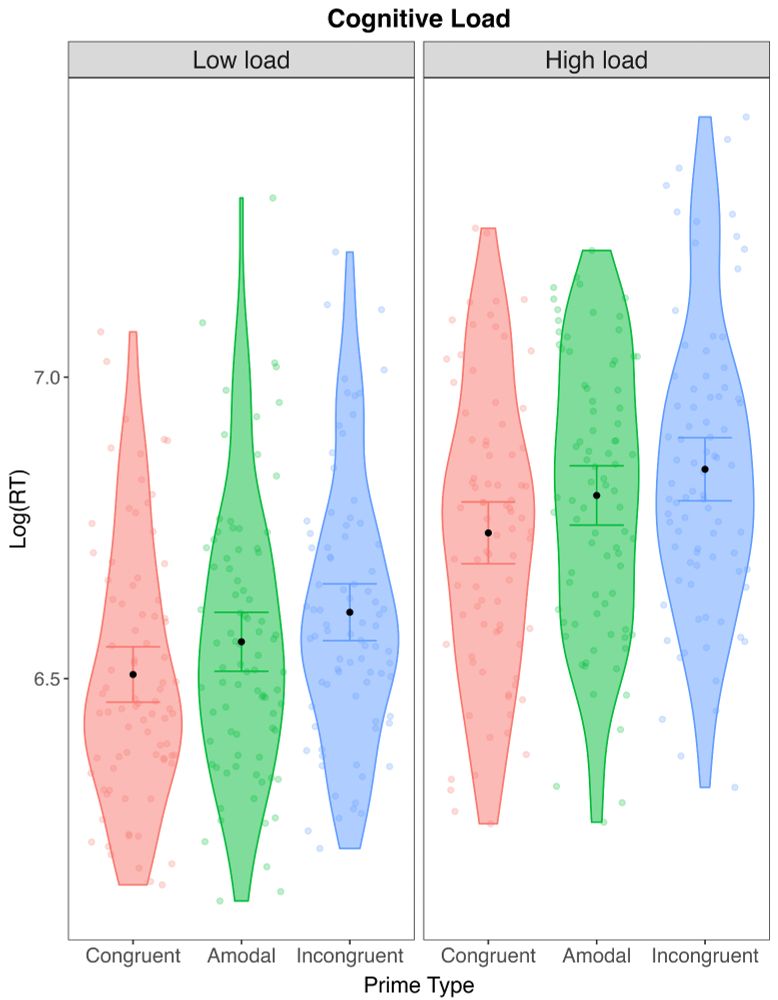
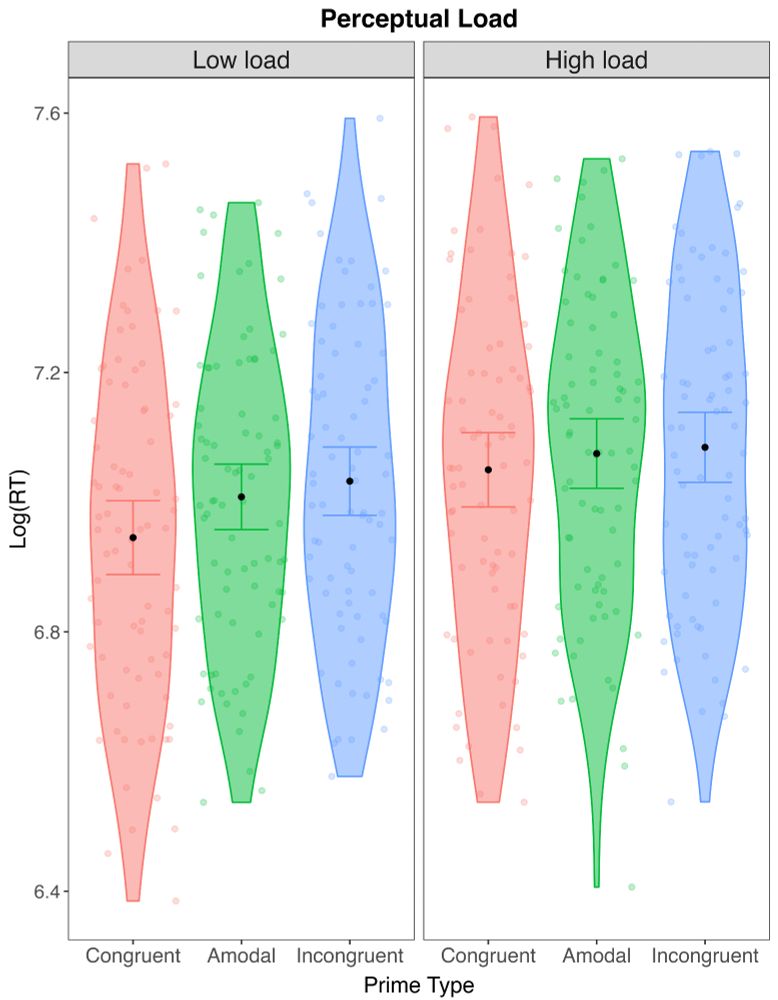
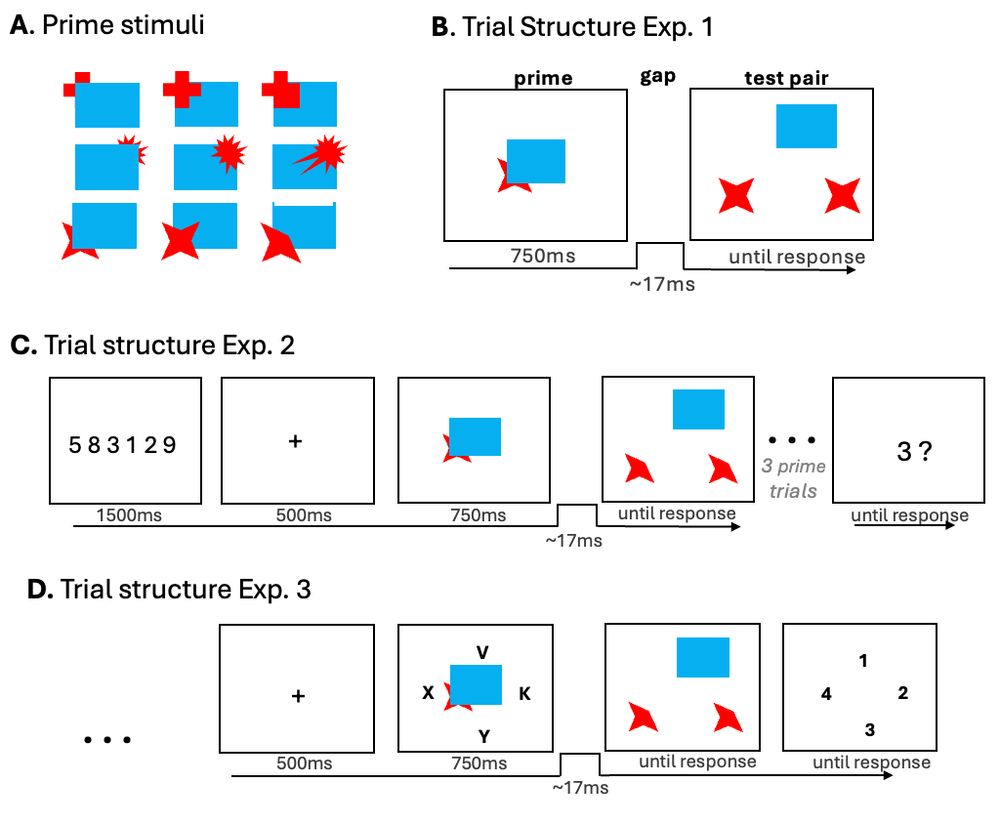
Reposted by: Jonathan Phillips
Reposted by: Jonathan Phillips
The model can explain many of the successes and failures of mindreading in human adults and children, and non-human primates. 🧵


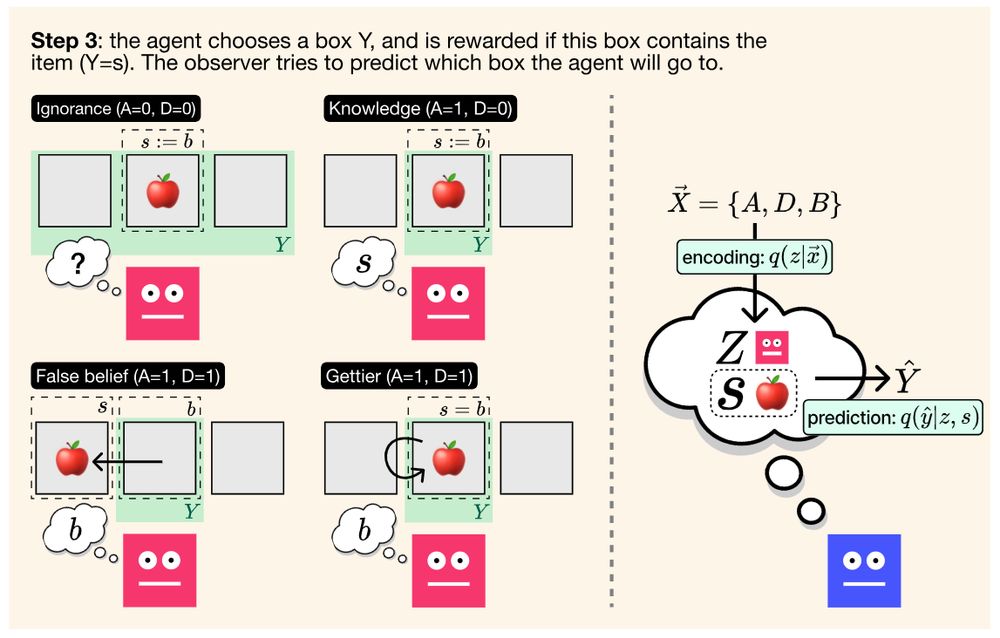

Reposted by: Jonathan Phillips
A graph of articles in the SEP (standord encyclopaedia of philosophy), showing connections; it can help explore the field.
www.visualizingsep.com#/domain/epis...
#Philosophy #philsky #SEP #graph #catalogue
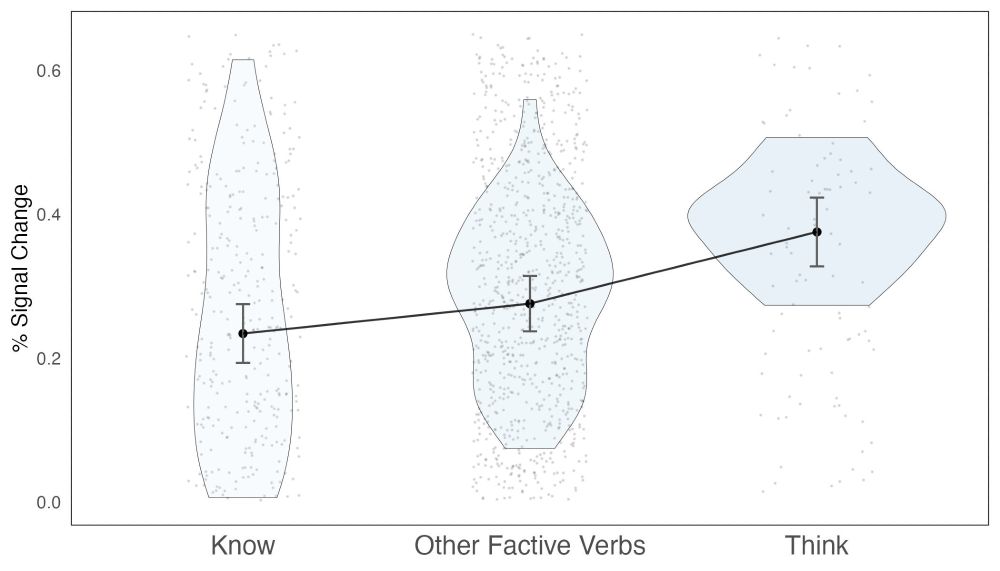
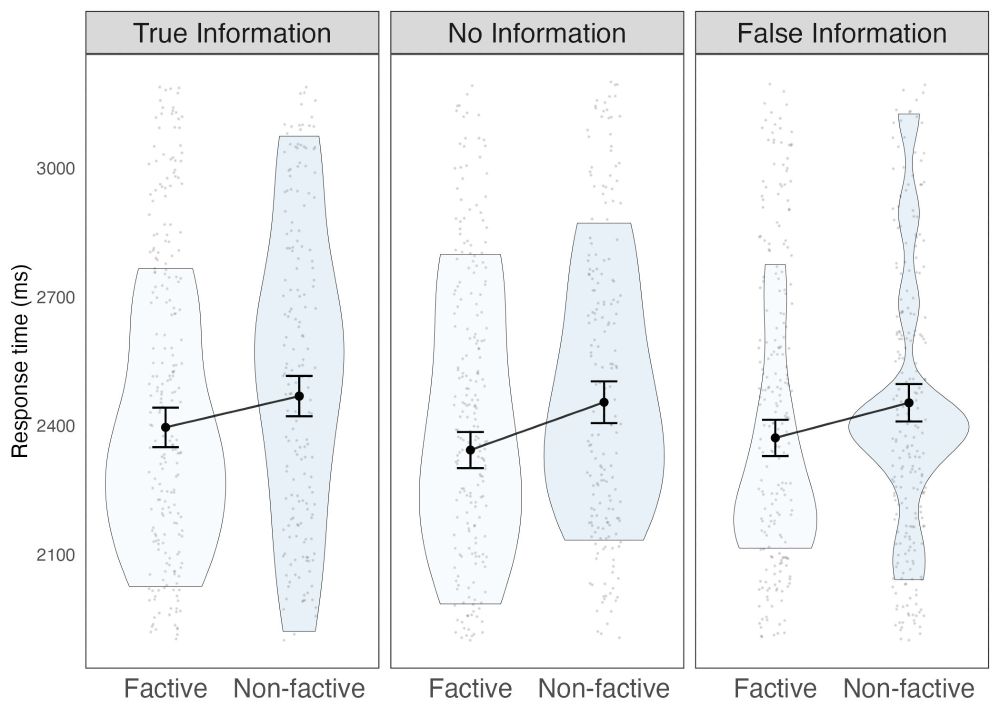
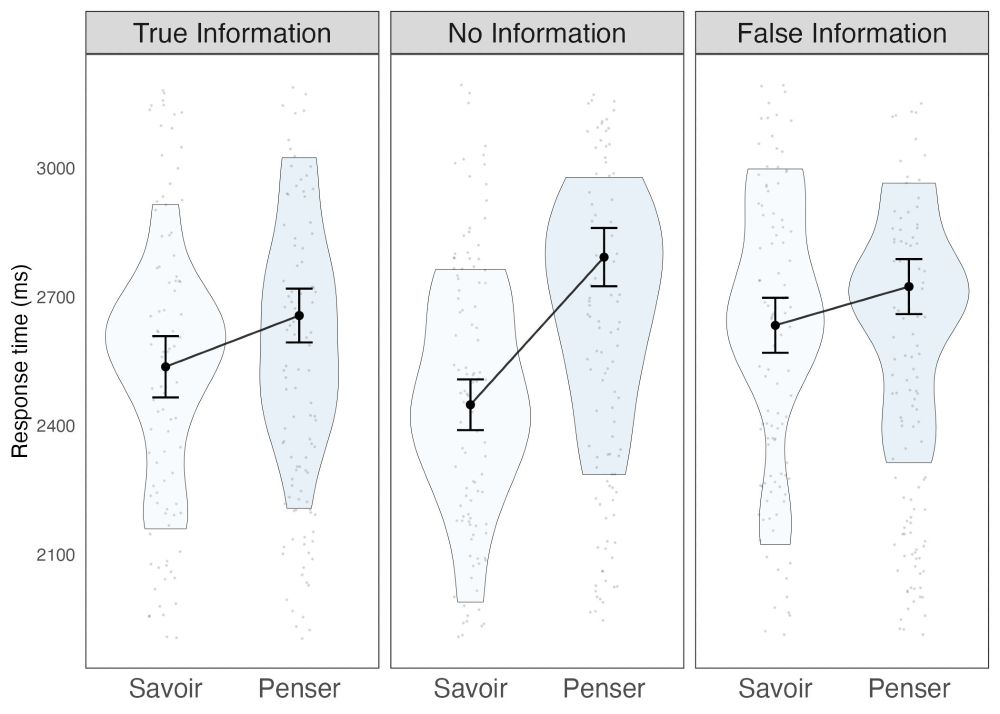
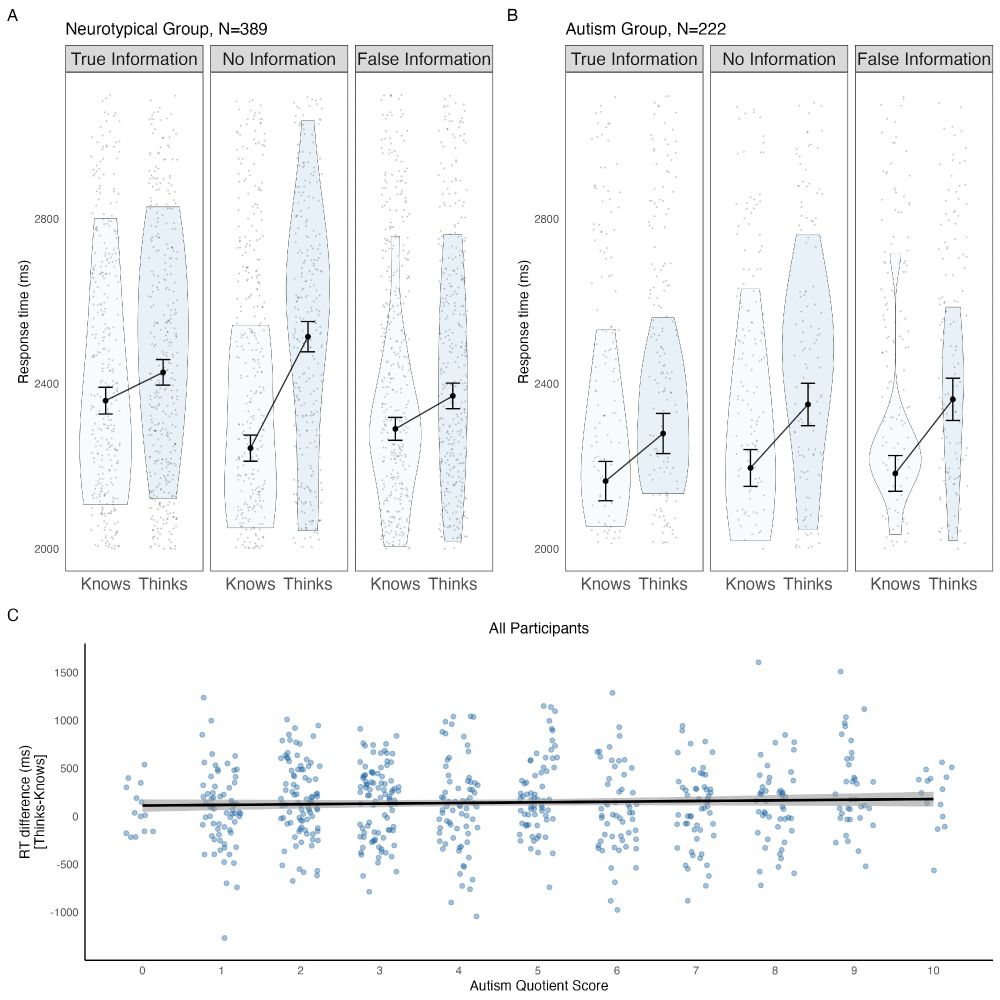
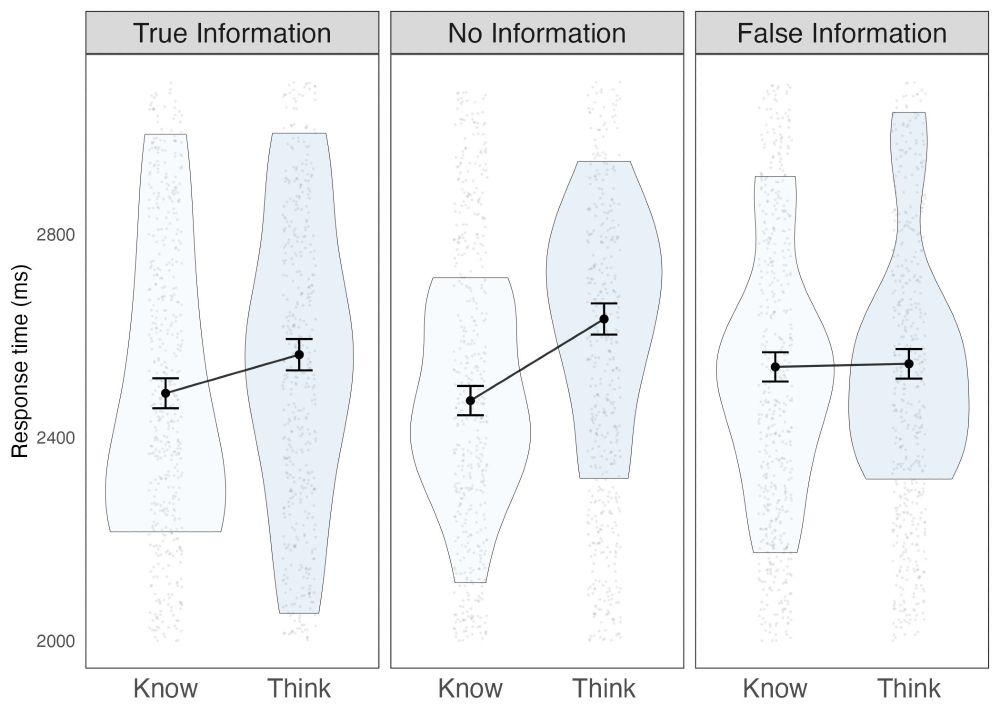
Reposted by: Jonathan Phillips, Martin Lang, Jean‐Baptiste André
Reposted by: Jonathan Phillips, Jonas R. Kunst
In @pnas.org, Luke Townrow and I show that our closest relatives, bonobos, can track when a partner is knowledgeable or ignorant, and tailor communication accordingly
www.pnas.org/doi/10.1073/...
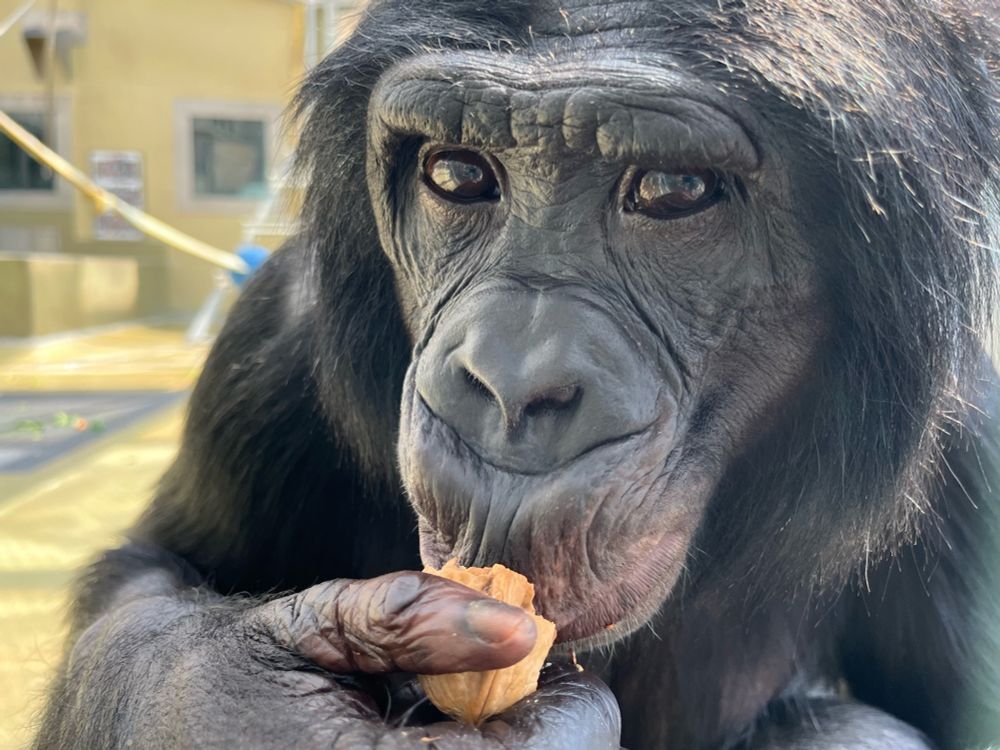
Reposted by: Jonathan Phillips
In "Inference from social evaluation", we explore how people use social evaluations, such as judgments of blame or praise, to figure out what happened.
📜 osf.io/preprints/ps...
📎 github.com/cicl-stanfor...
1/6
